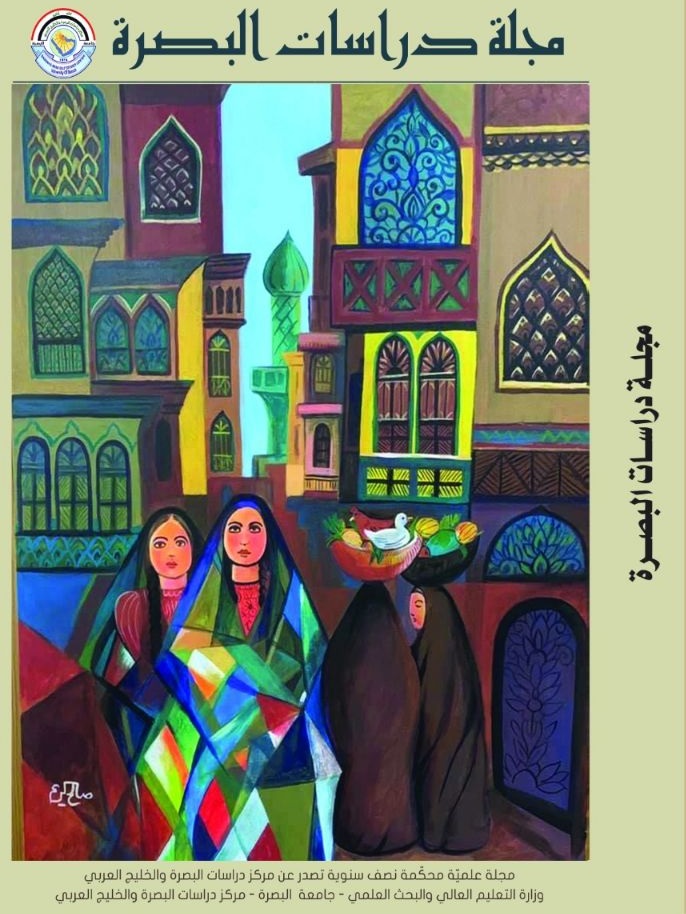Abstract
The civil lawsuit does not end with the issuance of the judgment in it, but the law arranges its effects by the invalidity of its petition, by resorting to the usual methods of appeal, each of the objection to the judgment in absentia, as a result of the court’s ruling on hearing one of its parties, here the law gave this way to ensure the right of the absent party to object to the judgment issued by The Court of First Instance is before it again, after which it has made sure that the objection petition satisfies all its formal procedures, despite the fact that the Iraqi legislator did not provide a text specific to it, but rather followed the general rules. The judgment or its amendment, without prejudice to the right subject matter, or Appealing an appellate petition, if one of the parties finds that the ruling in the case is not in his interest, then he has the right to appeal it again by reforming, amending or reversing it, provided that there is no arbitrariness or harm to the other party, before a court of a higher degree than the Court of First Instance, taking into account its procedures for filing the case, which he did not reject. The legislator has a provision for it, as well as the role of the parties in their presence when the court considers it, and not arranging any results that conflict with the inability to consider the dispute again and ensuring that the claimed right is not affected.
Keywords
Appeal.
Effects
Invalidity
Objection
Petition
Suit
Abstract
إن الدعوى المدنية لا تنقضي بصدور الحكم فيها بل إن القانون يرتب آثاره ببطلان عريضتها، باللجوء لطرق الطعن العادية كل من الاعتراض عن الحكم الغيابي ، نتيجة لصدور حكم المحكمة على سماع أحد أطرافها ، هنا أعطى القانون هذه الطريق لضمان حق الطرف الغائب بالاعتراض على الحكم الصادر من محكمة البداءة أمامها مرة أخرى، بعد تأكدها من أن العريضة الاعتراضية مستوفية جميع إجراءاتها الشكلية بالرغم من أن المشرع العراقي لم يرد نصا خاصا بها وإنما اتبع القواعد العامة ، ومن ثم تصدر المحكمة حكمها مع الأخذ بنظر الاعتبار حضور أطرافها وإلا فمن شأنها أن تولد بطلانها أو فسخ الحكم أو تعديله ، دون التعرض للحق موضوعها ، أو الطعن بعريضة استئنافية ،إذا تبين لأحد الأطراف إن الحكم الذي فصل في الدعوى لا يحقق مصلحته فله الحق باستئنافه من جديد بإصلاحه أو تعديله أو نقضه بشرط عدم التعسف أو إضرار الطرف الآخر، أمام محكمة أعلى درجة من محكمة البداءة مع مراعاة إجراءاتها في رفع الدعوى والتي لم يرده المشرع بنص خاص بها ، فضلاً عن دور أطراف بحضورهم عند نظر المحكمة فيها، وعدم ترتيب أي نتائج تتعارض مع عدم إمكانية النظر بالنزاع مرة أخرى وضمان عدم التعرض للحق المدعى به .
Keywords
: آثار ، بطلان ، عريضة ، دعوى ، اعتراضية ، اس
